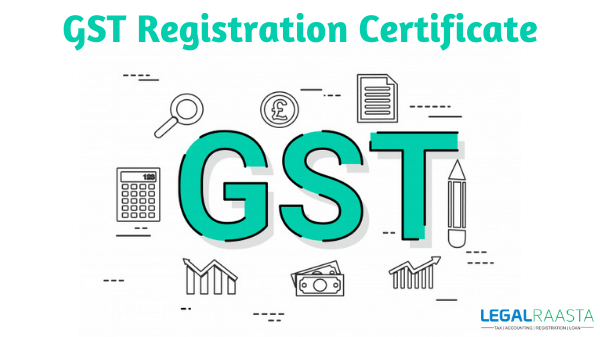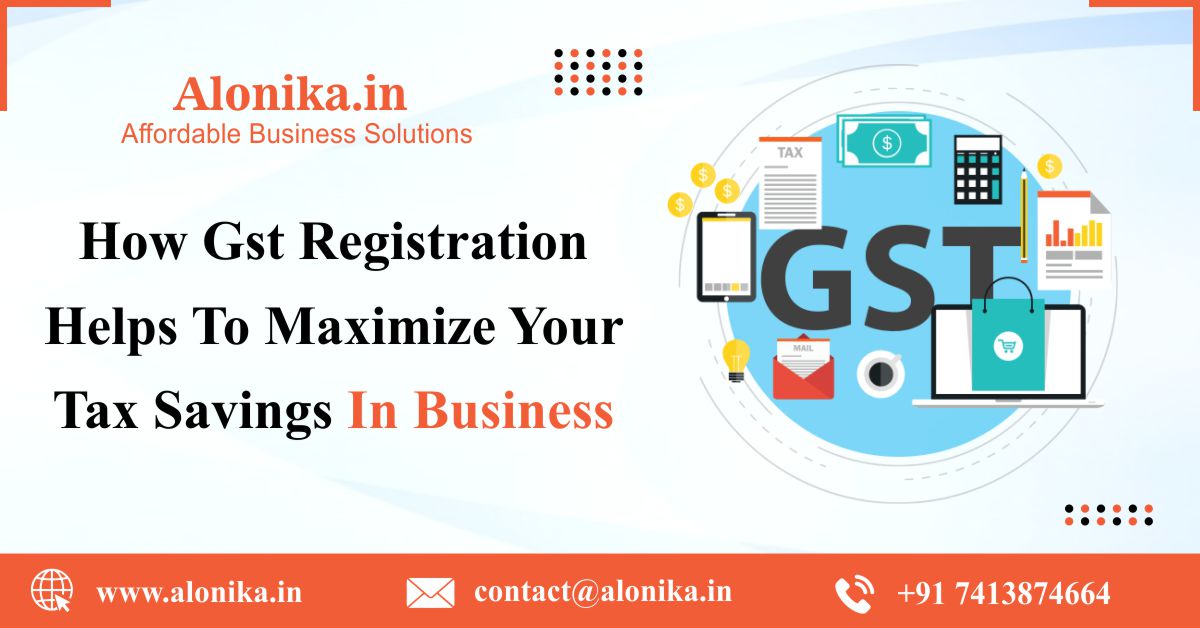Navigating the Complexities of GST Registration: Expert Tips and Best Practices for Smoother Conformity
From figuring out registration requirements to using technological devices for streamlined procedures, the trip towards smoother GST conformity is nuanced and multifaceted. Stay tuned to uncover necessary approaches and understandings that can aid organizations steer via the complexities of GST registration with finesse and confidence.
Understanding GST Enrollment Demands

Along with turnover limits, services taking part in interstate sales or supplying taxed solutions may likewise be called for to sign up for GST, even if their turnover is below the prescribed limitation (Singapore GST Registration). Recognizing these requirements and thresholds is important to stay clear of penalties and guarantee smooth procedures within the lawful structure
Furthermore, organizations should gather and prepare the required documentation, such as evidence of identification, address, service unification, and checking account information, before starting the GST enrollment process. Falling short to give accurate details or meet the registration due dates can result in penalties or other lawful effects. As a result, businesses need to stay educated regarding the specific GST registration demands relevant to their operations to maintain conformity and avoid possible issues.
Organizing Necessary Paperwork
Services starting the GST registration process have to meticulously put together and organize the necessary documents required for submission. The crucial files typically needed for GST registration include proof of service enrollment or address, consolidation and identity proofs of business owners or partners, checking account information, evidence of principal workplace, and authorization forms. Ensuring that these files are readily offered and arranged can improve the enrollment procedure and stop delays or rejections.
To effectively arrange essential documents, businesses should create a central system for keeping and classifying the called for paperwork (Singapore GST Registration). Making use of electronic storage space options can help maintain simple gain access to and make sure that papers are securely saved. Furthermore, developing a checklist of all necessary papers can function as a useful tool to track what has actually been gathered and what is still required for entry

Leveraging Technology for Effectiveness
Enhancing functional performance with technological integration is paramount for modern businesses browsing the intricacies of GST registration. Leveraging technology can simplify processes, reduce mistakes, and guarantee prompt compliance with GST policies. One of the key means innovation can aid in GST registration is via the usage of automated software program services. These tools can assist services track sales, produce invoices, determine tax obligations, and send returns precisely. By automating these tasks, businesses can conserve and minimize hand-operated errors time that would otherwise be invested on repetitive management work.
Furthermore, technology can help with smooth communication with tax obligation authorities. On-line portals and interaction tools allow organizations to submit records, settle inquiries, and obtain updates in an extra efficient fashion. This not only quickens the registration process but likewise helps in keeping transparent and trustworthy communication with the relevant authorities.
Moreover, cloud-based storage remedies give a secure platform for organizations to store and accessibility their financial data, guaranteeing conformity with GST record-keeping requirements. By streamlining data storage and automating processes, services can boost their total performance and precision in GST enrollment treatments.
Proactive Compliance Tracking

To ensure reliable positive conformity tracking, companies ought to develop durable internal controls, conduct regular audits, and leverage automation tools for real-time monitoring of GST deals. Regular training sessions for workers on GST compliance needs can additionally aid in developing a culture of compliance within the organization. In addition, engaging with tax obligation professionals or specialists can supply valuable insights and advice on browsing complicated GST regulations.
Involving With Specialist Specialists
Involving experienced tax obligation specialists can significantly boost a firm's understanding and compliance with detailed GST policies. Specialist consultants bring a riches of knowledge and experience to the table, aiding businesses browse the intricacies of GST registration with ease. By leveraging their competence, firms can ensure precise filings, decrease the danger of mistakes, and remain up-to-date with the most up to date governing changes.
When involving with her response specialist professionals, it is important to select specialists with a strong track record in GST conformity (Singapore GST Registration). Try to find professionals who have a deep understanding of the pertinent regulations and regulations, as well as experience collaborating with organizations in your sector. Efficient communication is crucial in this collaboration, so make certain to plainly define your expectations and establish routine touchpoints to discuss development and attend to any type of problems
Moreover, professional specialists can offer useful insights and advice on optimizing your tax obligation approach, determining prospective cost-saving opportunities, and improving your conformity processes. On the whole, spending in expert consultancy solutions can go a long method in guaranteeing smoother GST compliance and staying clear of expensive blunders.
Verdict
In final thought, browsing the complexities of GST enrollment needs a thorough understanding of the needs, organization of essential documents, leveraging innovation for effectiveness, proactive conformity tracking, and engagement with expert professionals. By complying with these best techniques, services can make sure smoother conformity with GST policies and stay clear of prospective fines or fines. It is important to stay notified, positive, and diligent in taking care of GST enrollment to maintain compliance and maintain financial honesty.
To guarantee conformity with tax laws, companies should thoroughly comprehend the intricate demands for GST enrollment. Goods and Provider Tax (GST) is a value-added tax obligation levied on a lot of items and solutions in a country, making it vital for services to sign up for GST to prevent legal consequences.In addition, companies have to gather and prepare the necessary documents, such as proof of identity, address, service unification, and browse around these guys bank account details, prior to my review here launching the GST registration process. Organizations ought to stay notified concerning the specific GST registration needs applicable to their operations to preserve compliance and prevent possible problems.
The key documents usually required for GST enrollment include proof of company registration or unification, address and identity evidence of the organization proprietors or partners, financial institution account information, evidence of primary location of business, and authorization forms.